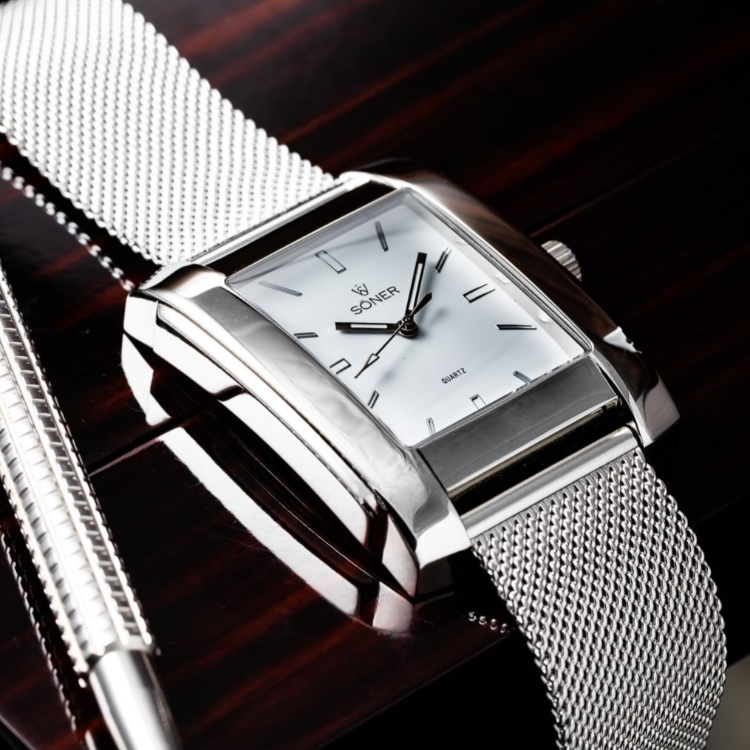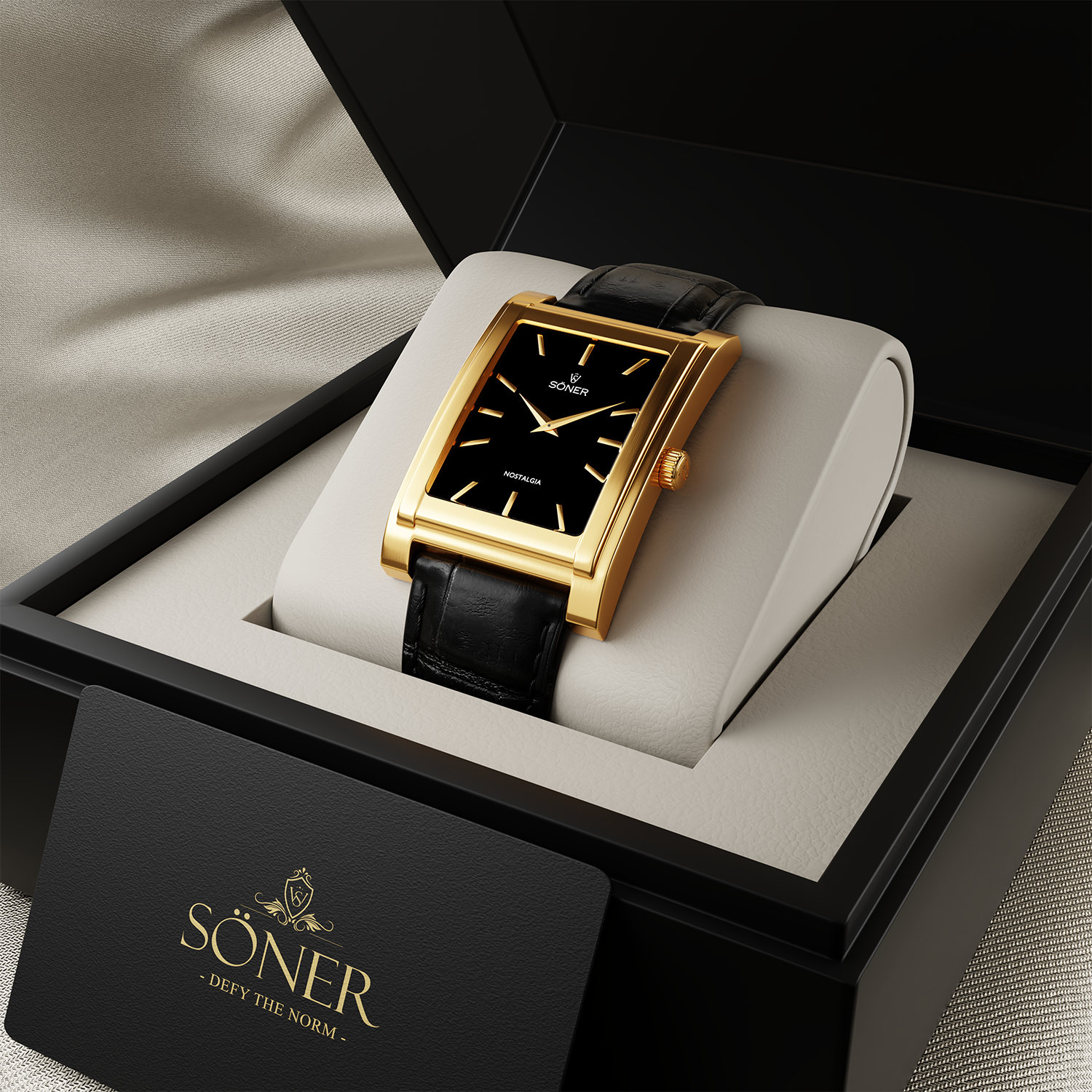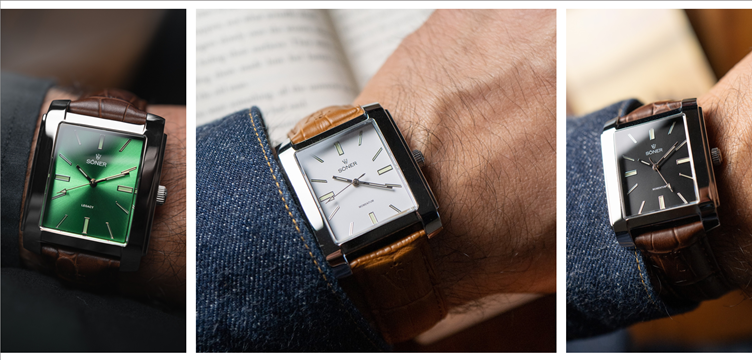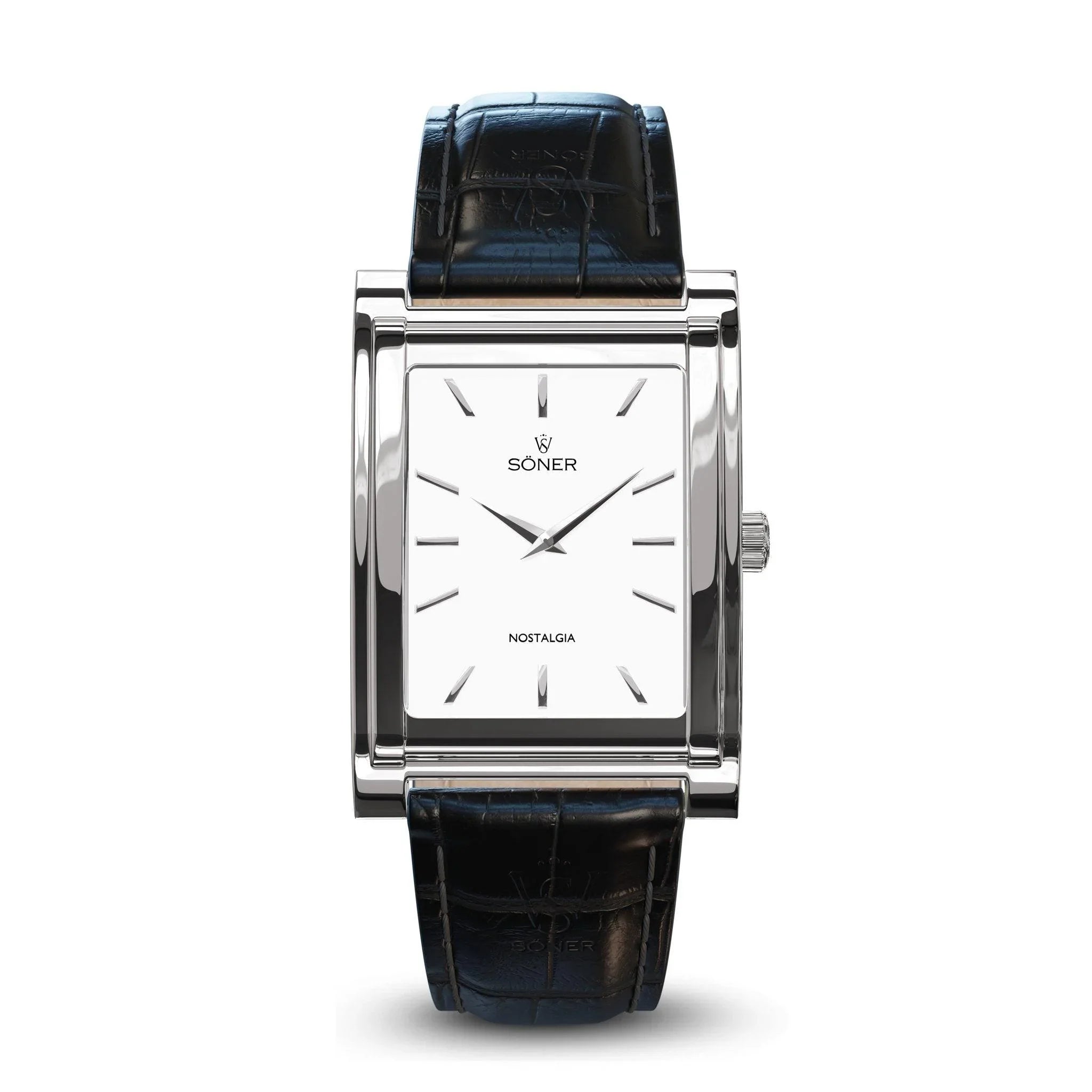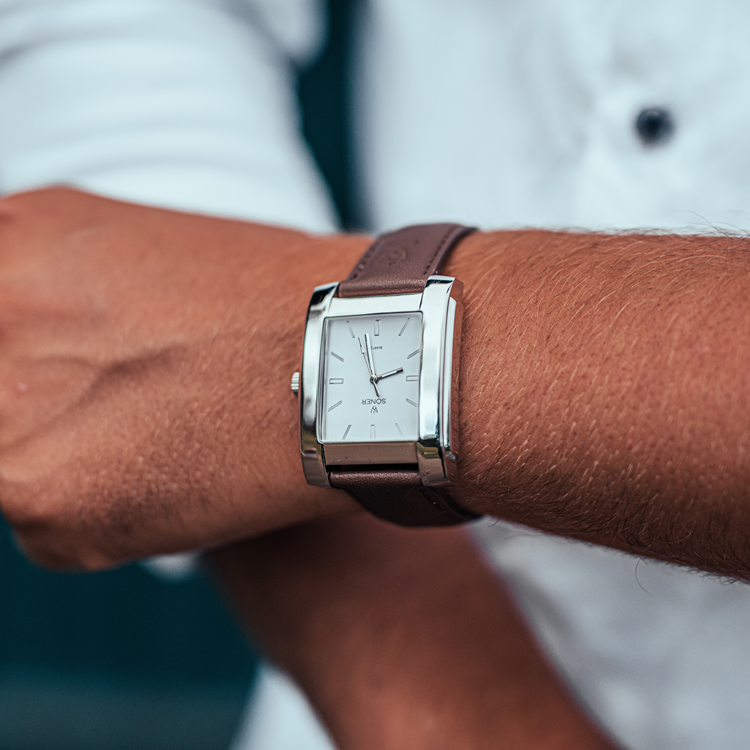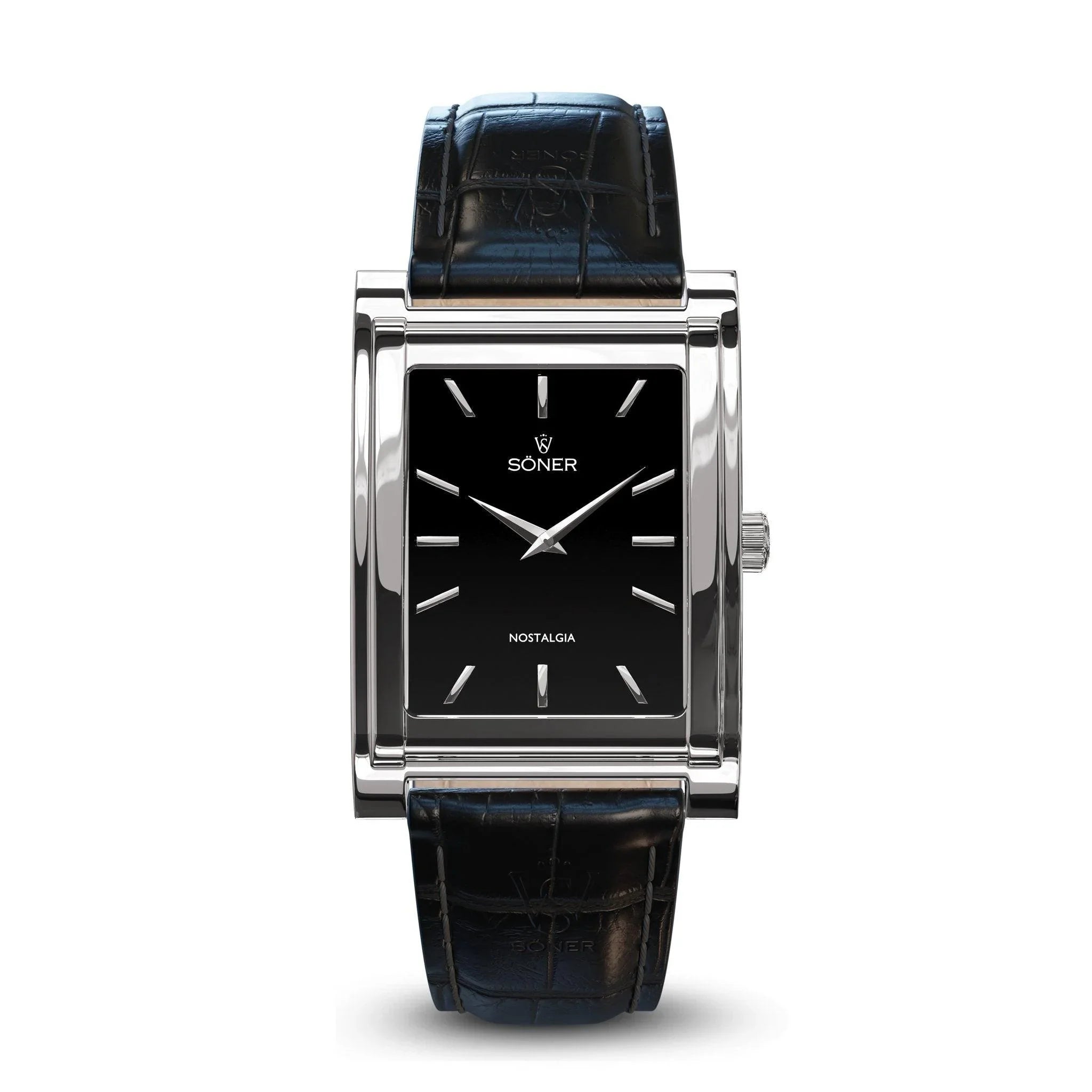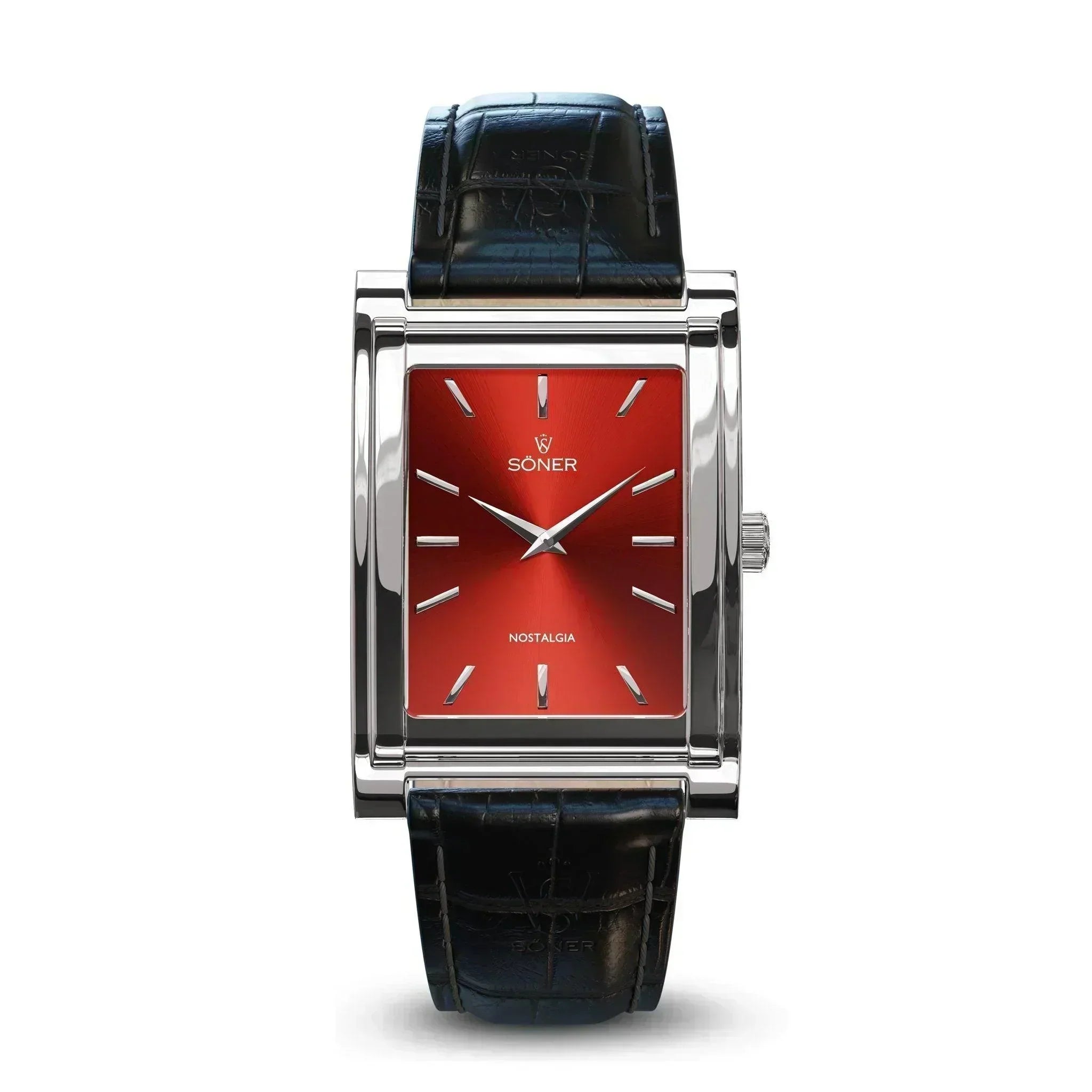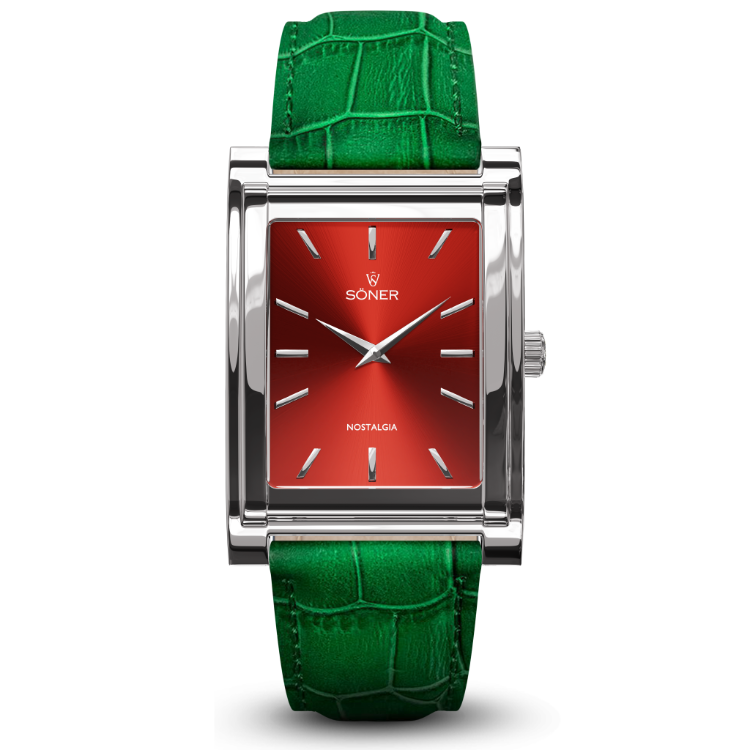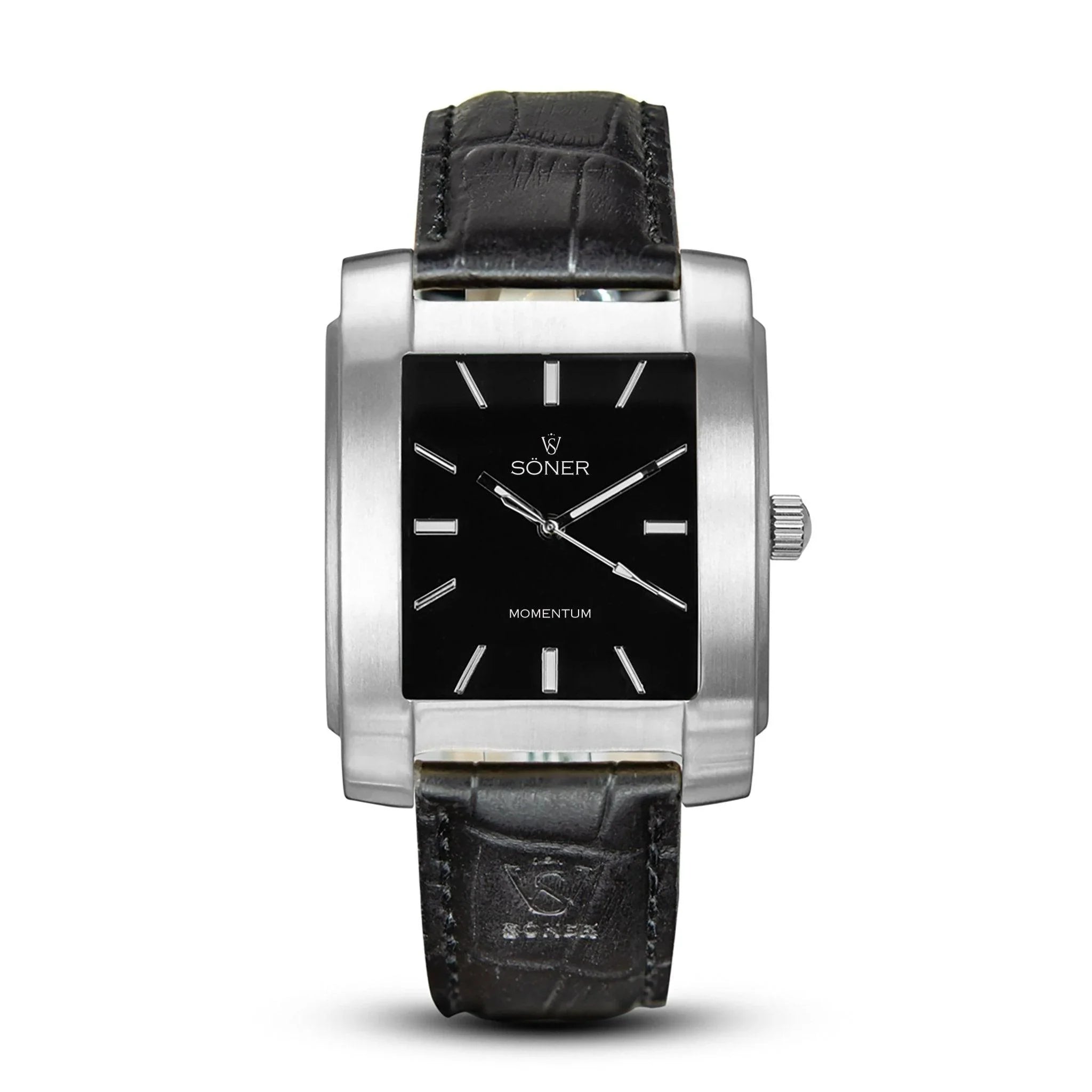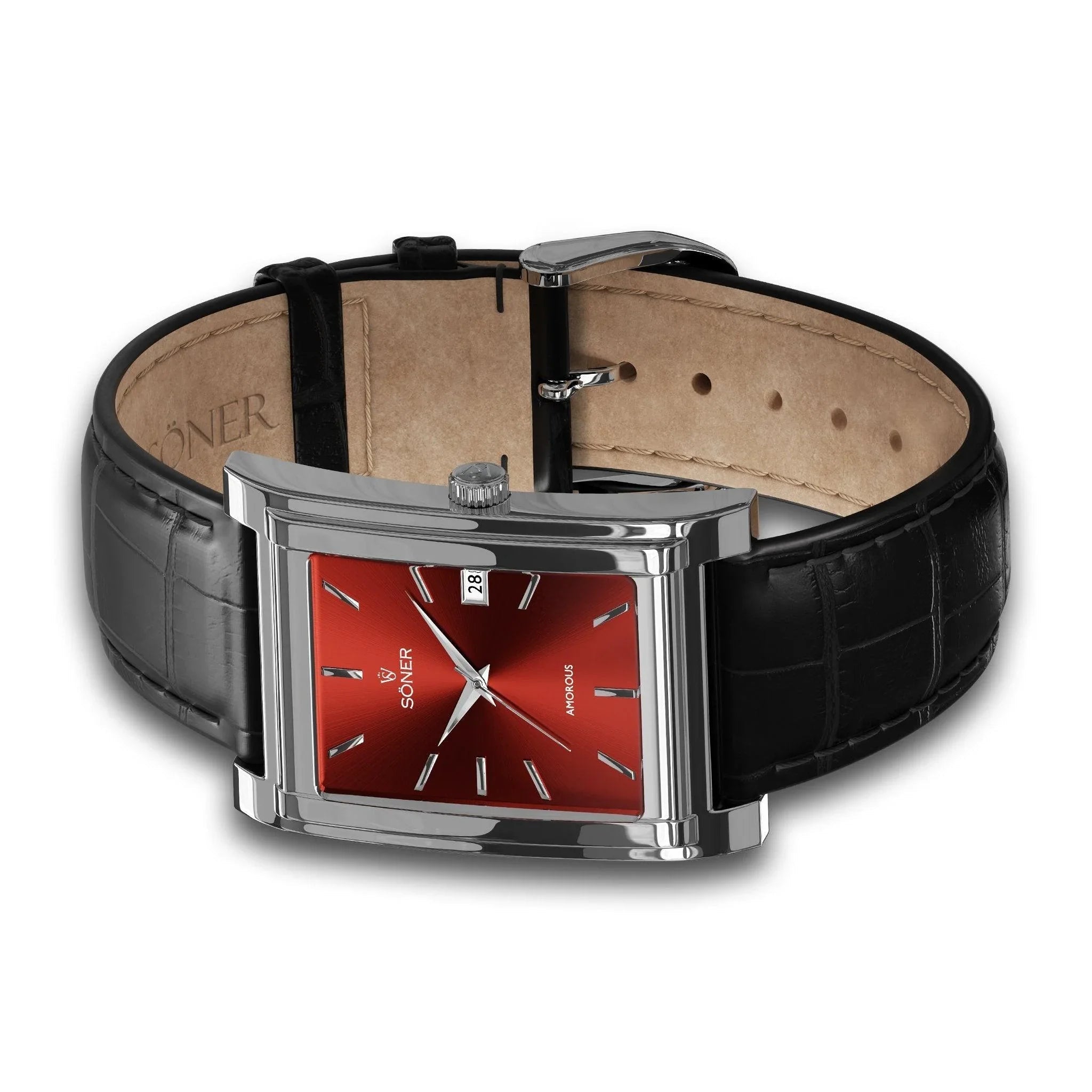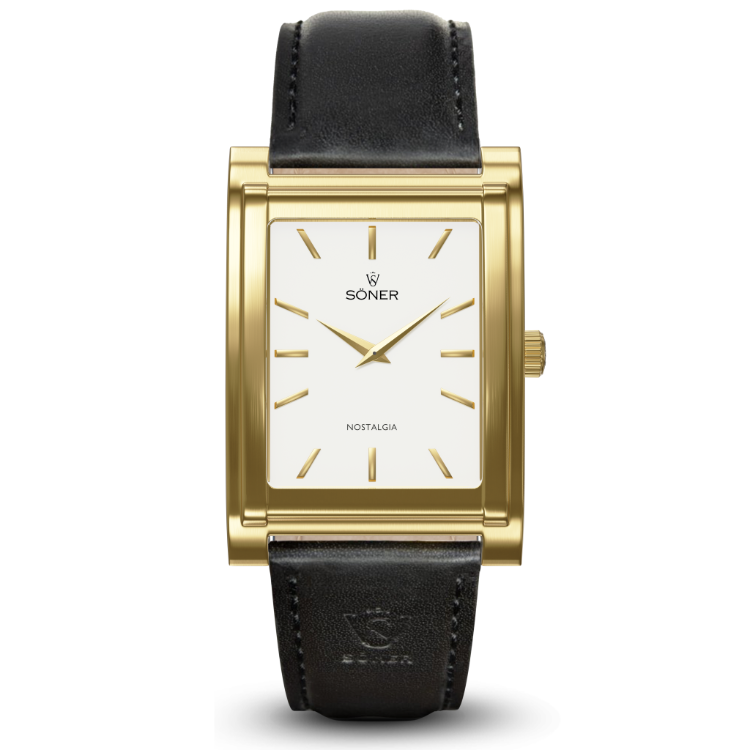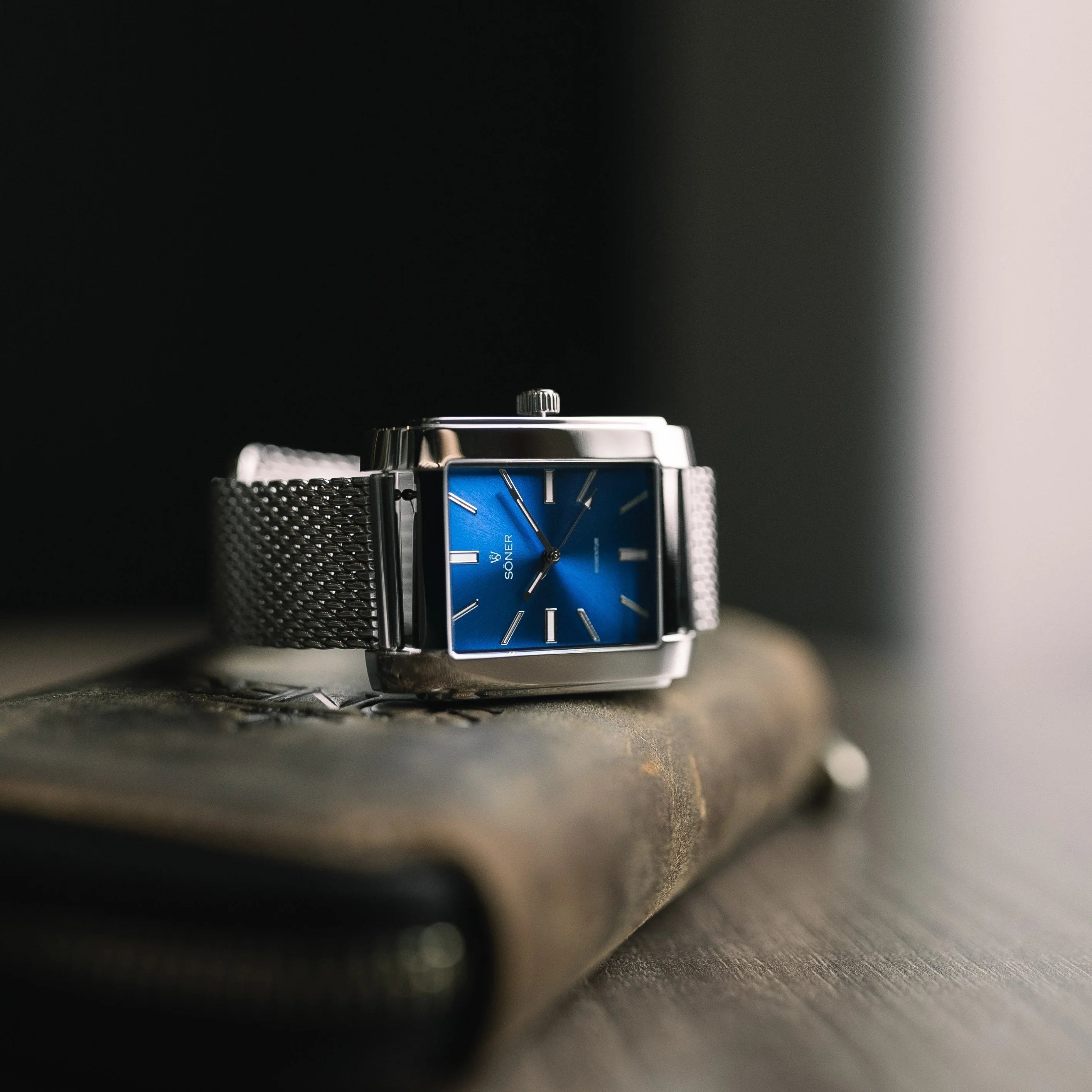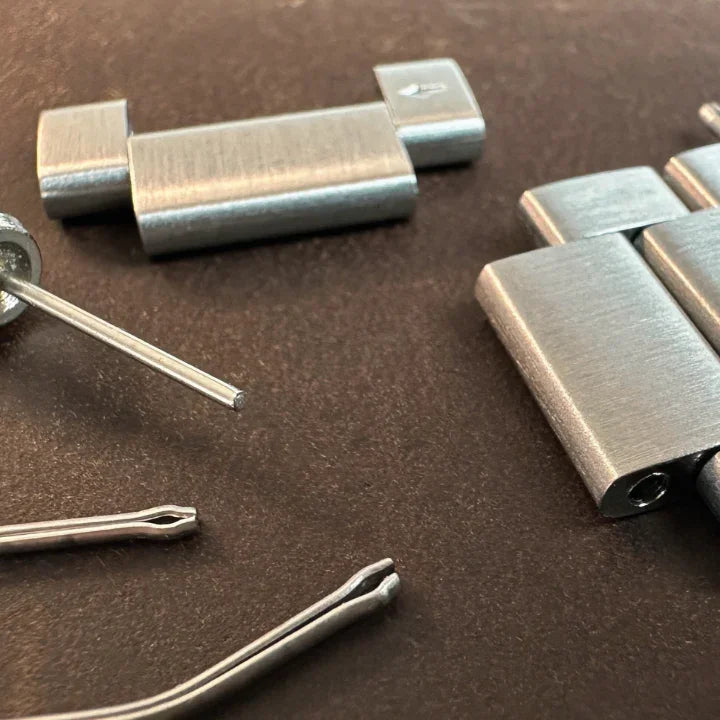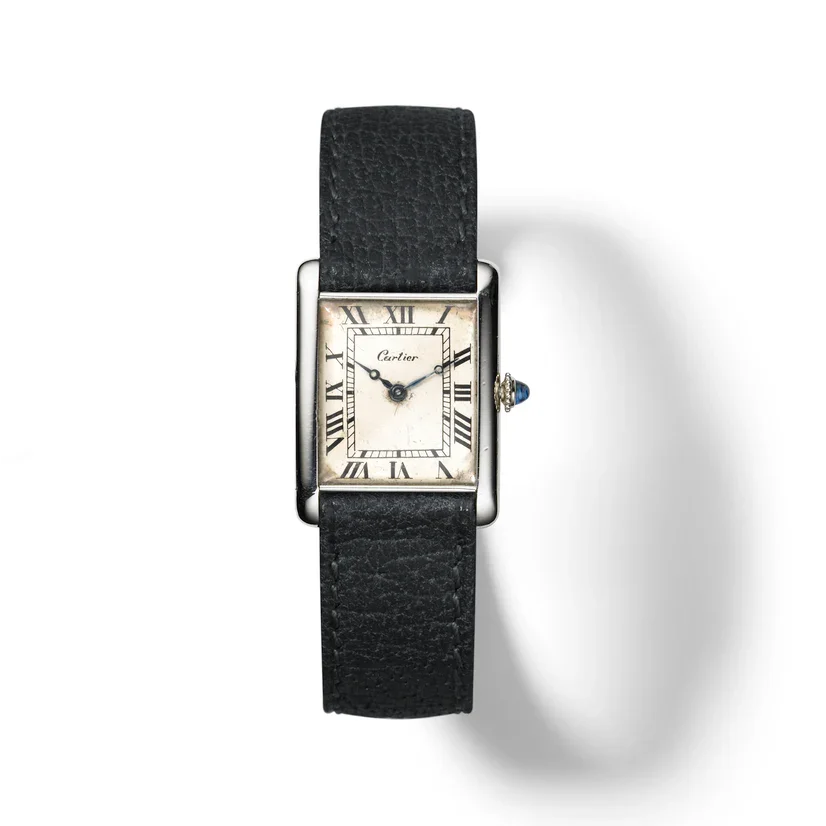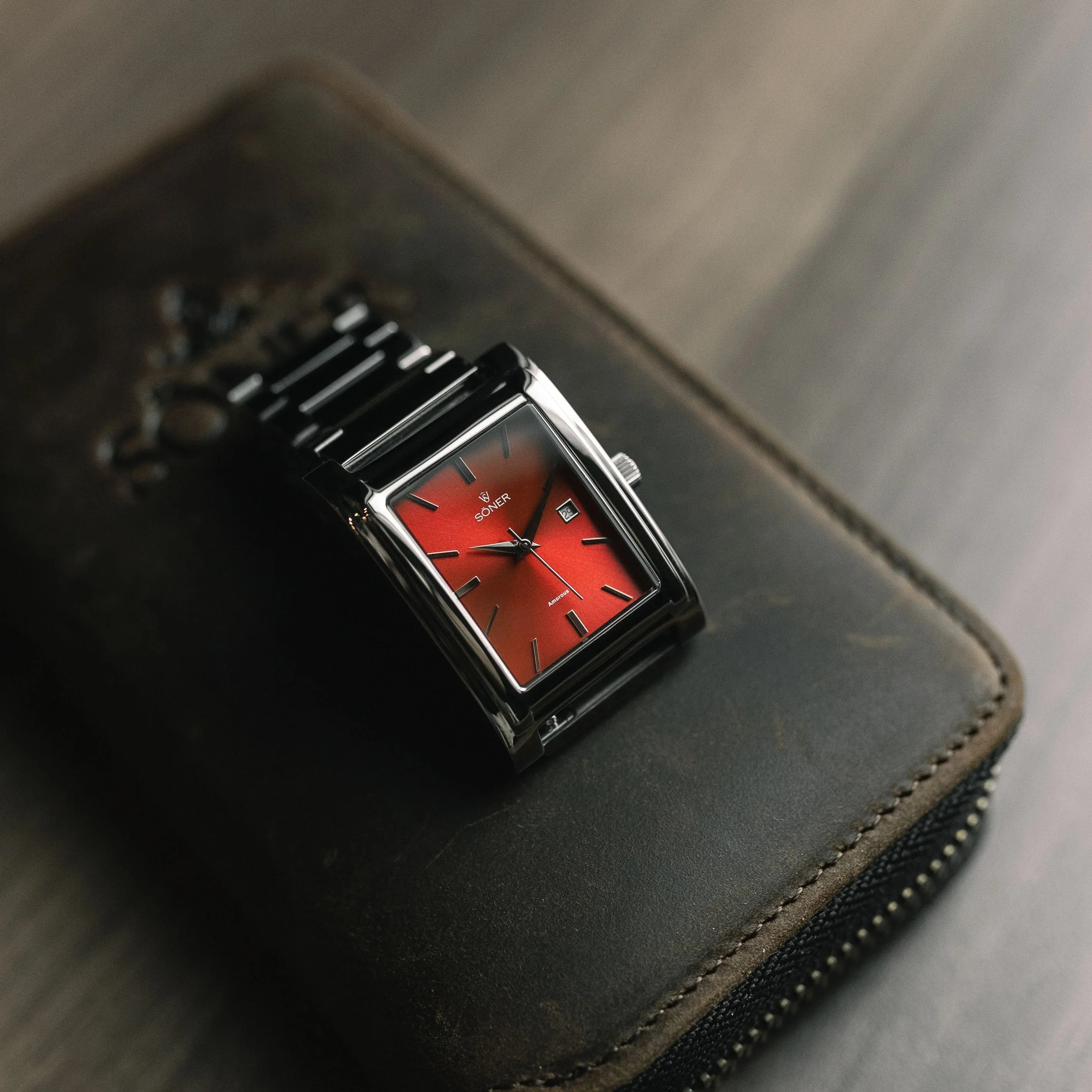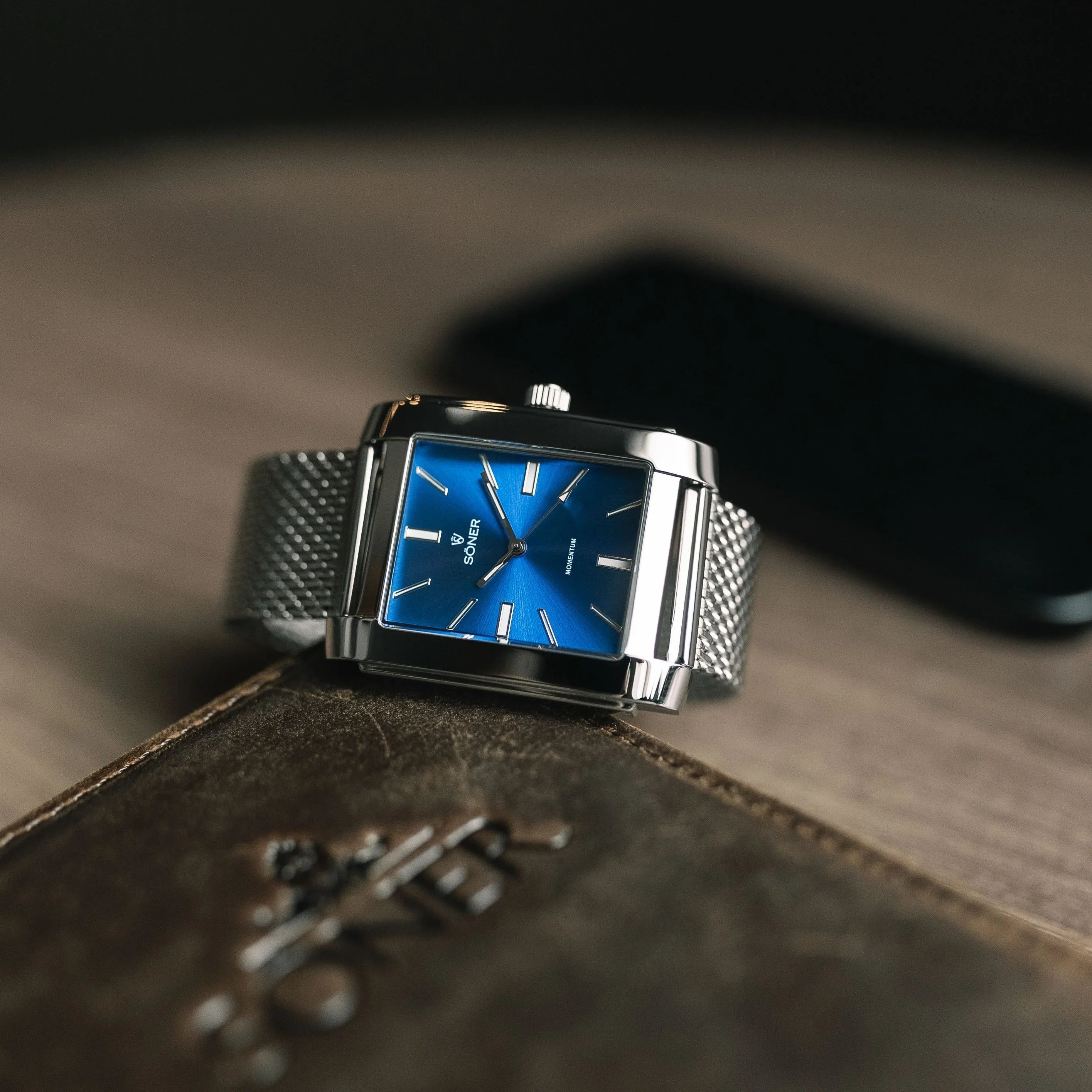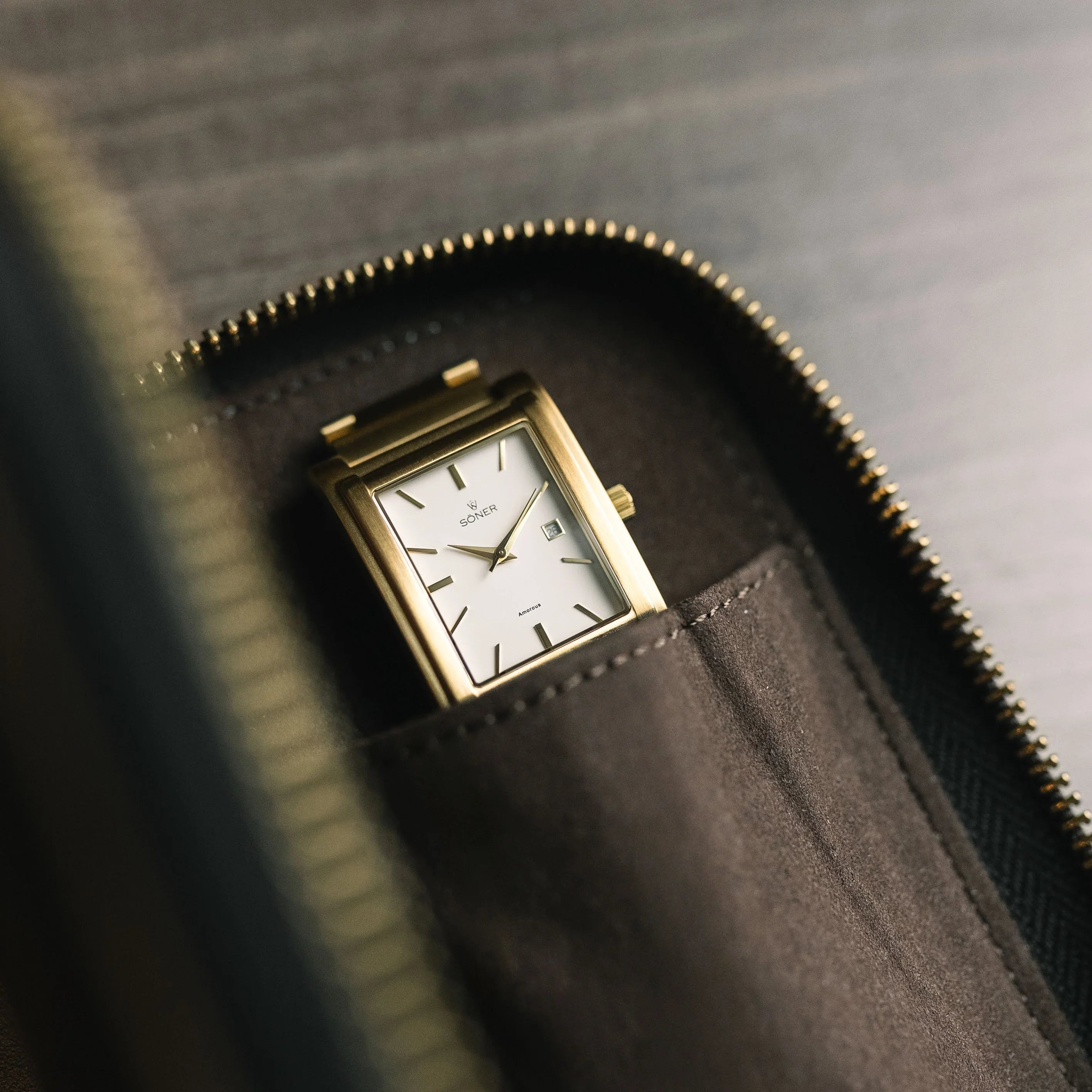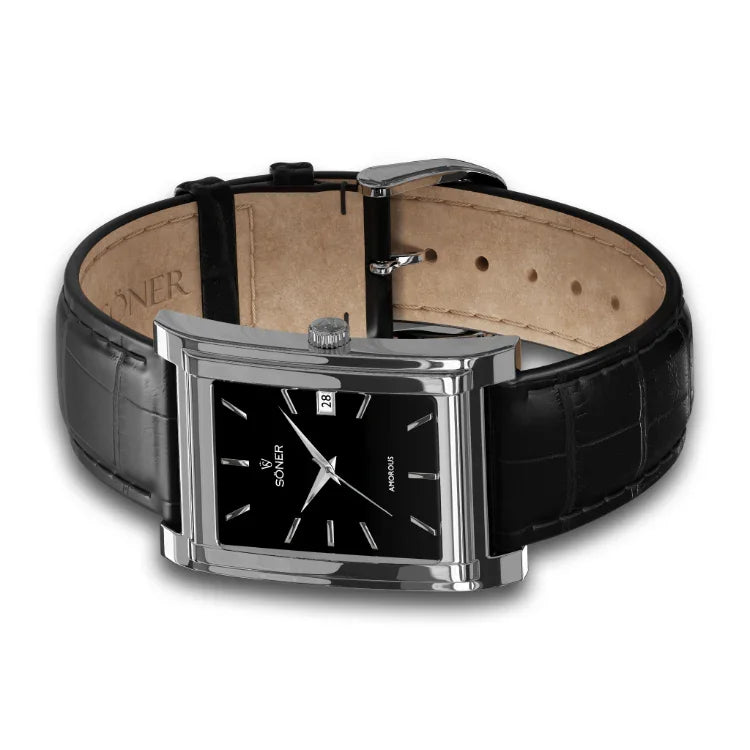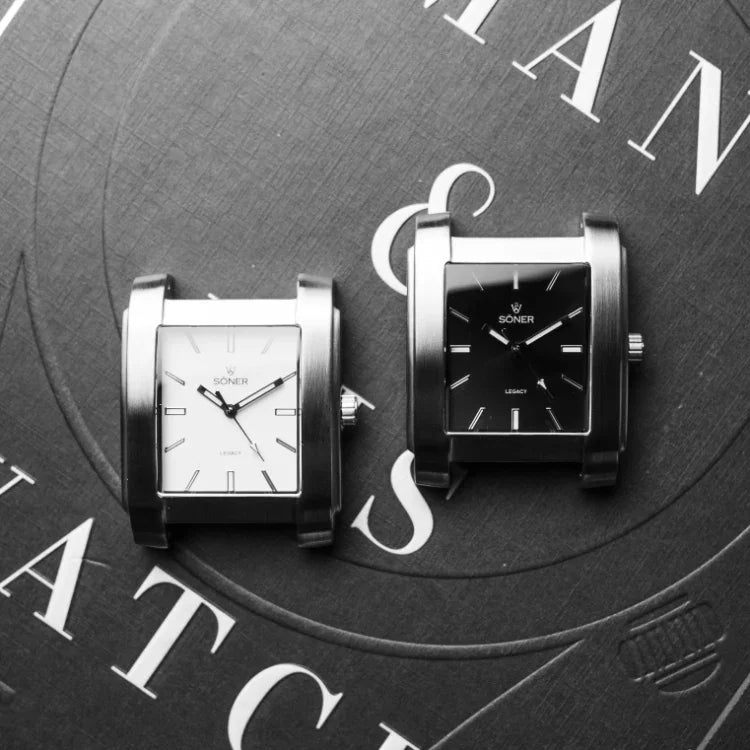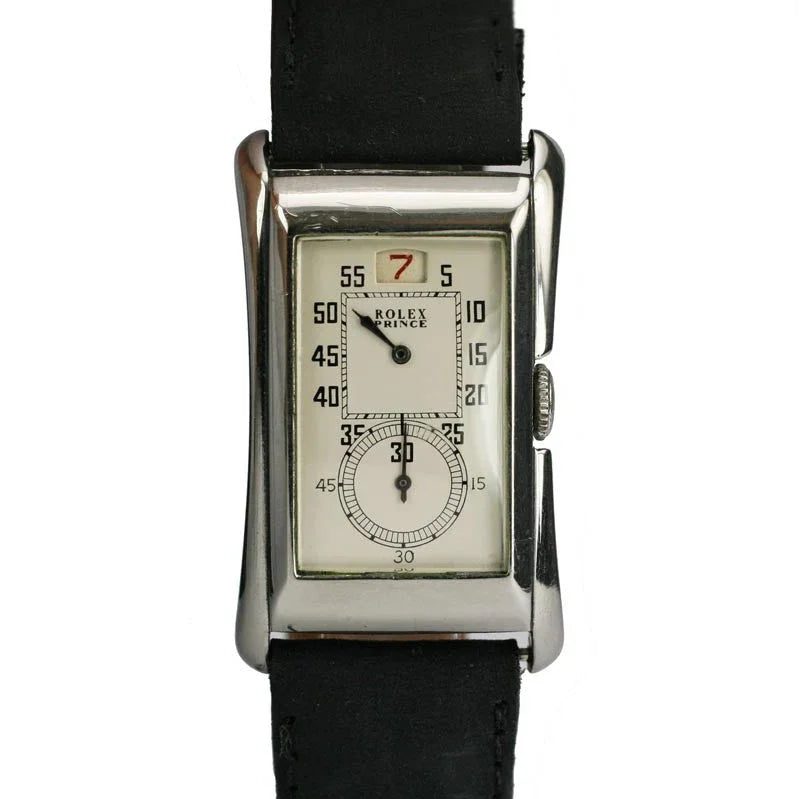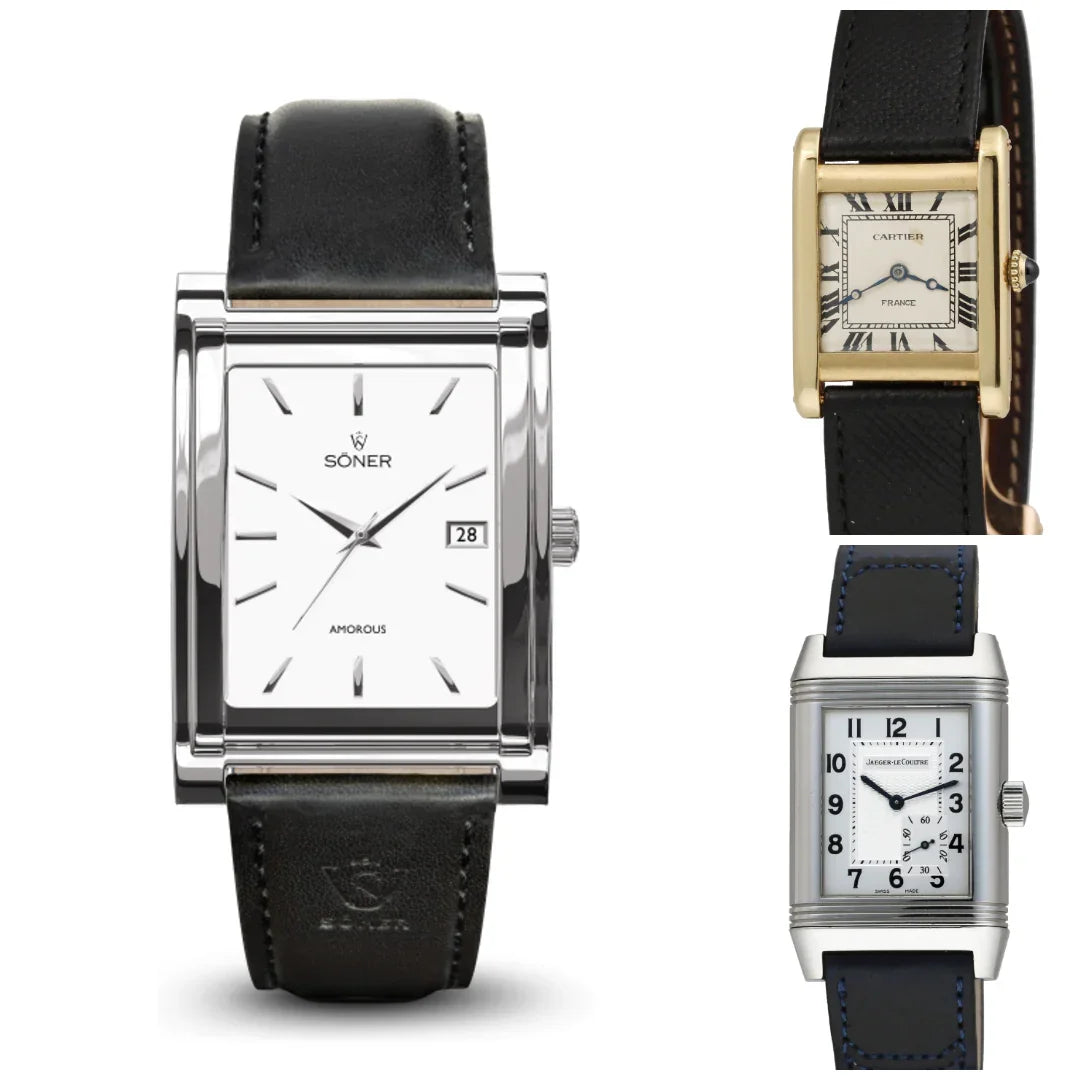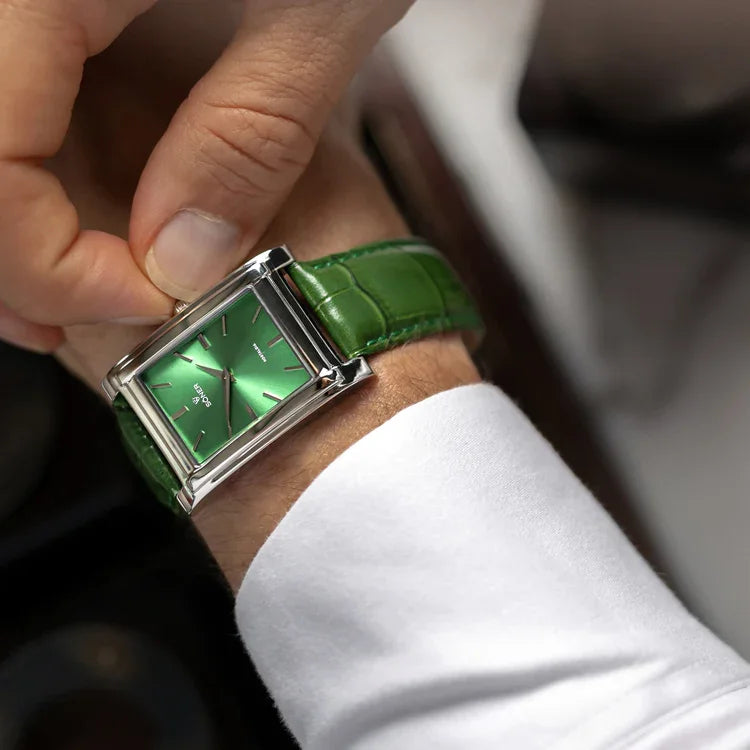Table of Contents
Lifespan of Quartz Watch
When it comes to longevity, quartz watches have an impressive record. In fact, many quartz timepieces last decades with minimal maintenance! But how long can you truly expect your quartz watch to tick away with precision? Let’s break it down.

How Long Can a Quartz Watch Last?
The average lifespan of a quartz watch movement is around 20 to 30 years. Yes, that’s right—decades! Some have even been known to last longer with proper care. Quartz technology is remarkably reliable, thanks to its minimal moving parts, but several factors influence how long your quartz watch will run smoothly.
Battery Life: The First Thing to Go
While the internal quartz mechanism can last for decades, batteries typically need replacing every 1 to 3 years. It’s important to keep an eye on your watch’s timekeeping. A slow or stopped watch is usually a clear indicator that the battery is dying.

If you’re not sure what kind of battery your watch needs, consult your watch’s manual or take it to a professional. Frequent battery replacements are normal, but if you want to extend the life of your timepiece, it’s wise to choose a high-quality battery that matches your quartz watch.
Durability: Wear and Tear
Quartz watches are built to be durable. They can withstand bumps and scrapes better than mechanical watches, thanks to their fewer moving parts. However, it’s not all smooth sailing. Over time, the seals that protect the internal movement can degrade, allowing moisture or dust to sneak in, which might damage the watch. Regular servicing can extend the lifespan and keep your quartz timepiece in top shape.

Trends in Quartz Watch Lifespan
In recent years, advancements in battery technology and quartz movements have helped improve the lifespan of quartz watches. Many manufacturers are focusing on creating eco-friendly, long-lasting batteries, while also improving the internal components to resist wear and tear better than ever before. This shift is helping modern quartz watches maintain their longevity, ensuring they remain a staple in the world of horology.
Servicing Your Quartz Watch
Although quartz watches don’t require as much servicing as mechanical watches, regular check-ups are still a good idea. Watch experts recommend servicing your quartz watch every 3 to 5 years. This usually involves checking for seal integrity, replacing the battery, and making sure the movement is still running smoothly.
Neglecting servicing can shorten the lifespan of your watch. If moisture seeps in due to worn seals or if dirt builds up, it can significantly damage the internal components. So, be proactive in taking care of your timepiece.
What Happens When a Quartz Watch Stops Working?
If your quartz watch suddenly stops working, the issue is most likely related to the battery. After replacing the battery, if the watch still doesn't tick, it could be a deeper issue within the movement itself.
For older watches, internal parts like the circuit board or coils can wear out. In this case, it might be time to visit a watchmaker for an overhaul or replacement parts. However, with regular maintenance, your quartz watch will likely keep ticking for years to come.

Conclusion: Longevity with Minimal Maintenance
So, how long will your quartz watch last? With proper care and occasional servicing, you can expect it to run smoothly for decades. The beauty of quartz lies in its precision and minimal upkeep, making it a great choice for anyone seeking a reliable and long-lasting timepiece.
For those in search of a timeless accessory that doesn’t require constant attention, a quartz watch is the perfect investment!

